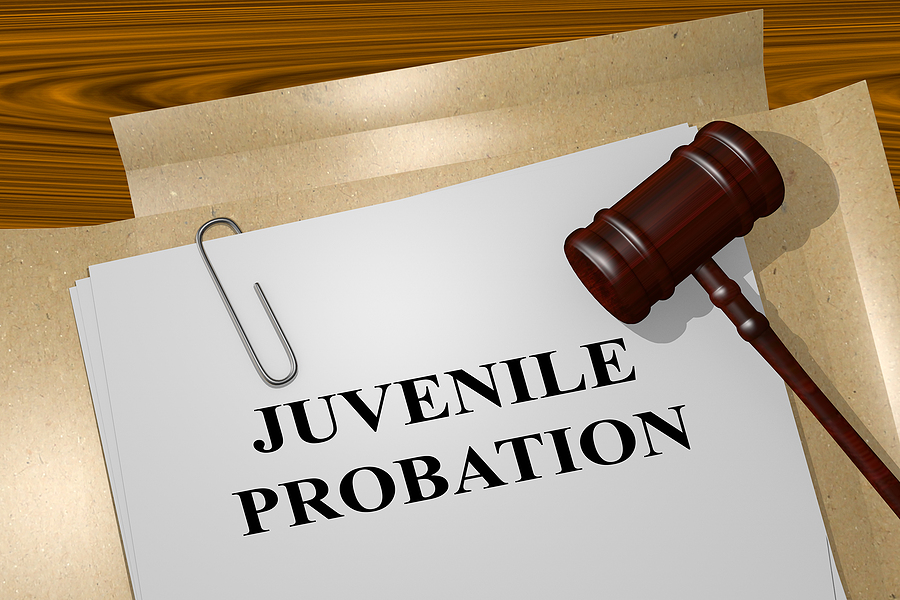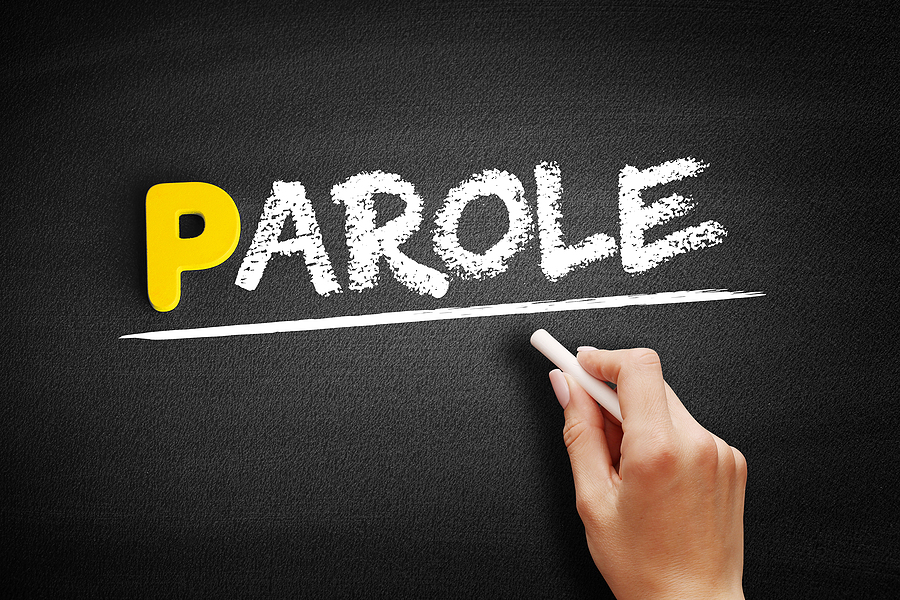TL;DR: Home detention, or house arrest, in Indiana confines you to your residence under electronic monitoring as a condition of probation. You must follow strict rules: stay home except for approved activities (work, medical care, job search, religious services), maintain a working phone, submit to drug/alcohol tests, allow unannounced home visits, and pay daily fees. Violations can result in jail time or probation revocation.
Key Takeaways:
- Home detention requires court approval and supervision by probation or community corrections
- You earn one day of credit for each day confined, plus good time credit
- Standard conditions include electronic monitoring, approved schedules, employment requirements, and routine testing
- Fees range from $6–$18 per day depending on your county and monitoring type
- Violations—missed check-ins, failed drug tests, or unauthorized travel—can lead to arrest and revocation hearings
Table of Contents:
- Understanding Indiana Home Detention
- General Conditions of Home Confinement
- Tips for Successful Probation
- Common House Arrest Violations
- Frequently Asked Questions
- Quick Recap: Indiana Home Detention Rules
- Get Help with Your Case

Understanding Indiana Home Detention
Indiana home detention, also referred to as house arrest or home confinement, allows you to serve part of your sentence at home instead of in jail. Under Indiana Code § 35-38-2.5-5, a court may order home detention as a condition of probation for offenders. The period of confinement cannot exceed the maximum term of imprisonment for your offense.
Supervision is typically provided by your county’s probation department or a community corrections program. You’ll wear an electronic monitoring device—either an RF (radio frequency) ankle bracelet that connects to a base unit in your home, or a GPS tracker that monitors your location in real time.
Important: Home detention rules vary by county and judge. While the statutory framework is the same statewide, local community corrections programs set their own fees, schedules, and operational policies. Always follow the specific conditions outlined in your court order and program handbook.
General Conditions of House Arrest
Indiana Code § 35-38-2.5-6 requires every house arrest order to include the following conditions:
Stay-at-Home Requirement
You must remain confined to your residence at all times except when participating in approved activities:
- Working at court-approved employment or traveling to/from work
- Seeking employment (if unemployed and approved by your case manager)
- Attending medical appointments, mental health treatment, or counseling
- Going to educational programs or classes
- Attending religious services at a place of worship
- Participating in community service or work release programs
- Engaging in other court-approved activities
Electronic Monitoring
You must wear a monitoring device (ankle bracelet) and maintain a working telephone or cellular device in your home. The bracelet cannot be removed except by corrections staff. Tampering with or removing the device may result in escape charges under Indiana Code § 35-44.1-3-4.
Approved Schedules
Your probation officer or case manager will create a weekly schedule specifying exactly when you may leave home and where you’re allowed to go. Any deviation requires advance approval. If you’re released from work early, you must return home immediately.
Employment Requirements
Most programs require full-time employment (minimum 35 hours per week) within 30 days of starting house arrest. You must provide work schedules, time cards, and pay stubs to verify employment. Self-employment is allowed only with proper documentation.
No New Crimes
You must not commit any criminal offense during your home detention period.
Alcohol and Drug Testing
You must submit to random drug and alcohol testing. Programs use urine tests, breathalyzers, and sometimes SCRAM or BART devices that continuously monitor alcohol levels through your skin. Refusal to test counts as a positive result.
Home Visits and Searches
Field officers will conduct unannounced visits to your residence. You must answer the door immediately, secure any pets, and allow the officer to inspect your home and related monitoring equipment. Officers may search your person, property, and vehicles without a warrant.
Fees
You’ll pay daily supervision fees that vary by county and monitoring type. As of 2024, typical rates include:
- Day Reporting: $6/day
- Electronic Monitoring (RF): $10–$15/day
- GPS Monitoring: $15–$18/day
- Initial setup fee: $75–$200
Many counties also charge for drug tests ($30–$45 per test). You’re responsible for all court costs, fines, restitution, and probation fees.
Residence and Phone
You must maintain an approved residence within your county or a contiguous county and keep a working phone line. Any change of address requires written permission at least one week in advance.
Tips for Successful Probation
Submit Your Schedule on Time
Turn in your weekly schedule by the deadline (often Wednesday morning for the following week). Include specific times, addresses, and phone numbers for all activities. Missing the deadline can result in lost privileges or probation violations.
Keep Verifications and Receipts
Save all documentation, including pay stubs, appointment slips, receipts, treatment records, and employer signatures. Your case manager will ask for proof of where you’ve been. Church bulletins, grocery receipts, and time-stamped appointment cards prove compliance.
Charge Your Device
If you have a GPS bracelet, charge it twice daily (30 minutes morning and evening). A dead battery can trigger a violation.
Communicate Proactively
If your work schedule changes, your employer must call community corrections immediately. If you have a medical emergency, contact your case manager as soon as possible. Don’t assume silence equals approval.
Answer the Door
Field officers can visit anytime, day or night. Keep your home presentable, secure your pets, and be ready to guide officers through your residence. Failing to answer the door is a violation.
Know Your Travel Limits
Most programs restrict you to 16 hours away from home per day, including travel time. You must be home for at least 8 consecutive hours before leaving again. No unauthorized stops or detours.
Maintain Employment
If you’re laid off or fired, return home immediately and contact your case manager. Don’t quit a job without discussing it first. Some counties require a formal job-change request.
Budget for Fees
Falling behind on fees is a violation. Pay on time or arrange a payment plan. Some counties declare you indigent only if the court orders it—your case manager cannot.
Common Home Detention Violations
Violations fall into three categories under Indiana law: technical violations, new criminal activity, and absconding. Here are the most common issues:
- Failed Drug or Alcohol Tests: Testing positive for substances (or refusing to test) is grounds for immediate violation. Prescription medications are allowed only with proper documentation submitted within 24 hours.
- Unauthorized Travel: Leaving home without approval, making unauthorized stops, or being at unapproved locations triggers alerts. GPS devices record your exact movements.
- Missed Check-Ins: Day reporting clients must check in daily at the community corrections facility. Missing a check-in can result in a warrant.
- Tampering with Equipment: Stretching, cutting, or otherwise damaging your ankle bracelet is treated as escape. You’re financially responsible for damaged equipment (devices cost $1,900–$2,200).
- Late Returns: Staying out past your approved time—even by a few minutes—is a violation. Build in extra travel time and return early if possible.
- Failure to Pay Fees: Falling behind on supervision fees, drug test fees, or court costs can lead to violations and program termination.
What Happens if You Violate?
Under Indiana Code § 35-38-2-3, if you violate a condition, your probation officer may file a petition to revoke probation. The court can issue a summons or an arrest warrant. If arrested and not admitted to bail, you cannot be held for more than 15 days without a hearing.
At the hearing, the state must prove the violation by a preponderance of the evidence. You have the right to cross-examine witnesses and be represented by counsel. If the court finds a violation, it may:
- Continue probation with modified conditions
- Extend probation for up to one year
- Revoke probation and order execution of your suspended jail sentence
You’ll receive credit for time served on house arrest, but you may lose good time credit if you violated the rules.
Frequently Asked Questions
Can I leave Indiana while on home detention?
No, not without explicit written permission from your case manager and the court. Out-of-state travel is rarely approved.
What if my power goes out?
Notify your case manager or the community corrections facility immediately. If power isn’t restored within 2 hours, report to the facility to charge your device.
Can I have visitors?
Yes, but visitors must be of “good character and reputation” and cannot be on probation, parole, or facing criminal charges. Field officers may ask for visitor identification.
What if I can’t afford the fees?
Contact your attorney or the court. Only the judge can declare you indigent. Community corrections staff cannot waive fees on their own.
Can I attend my child’s school event?
Possibly. Submit a written request to your case manager well in advance. Special events are reviewed case-by-case and require verification.
What happens if I test positive for prescribed medication?
You must provide a copy of your prescription to community corrections within 24 hours and notify your physician that you’re on home detention. A physician’s letter may be required.
Can I shop for groceries?
Yes, if you’re the only adult in the household. Most programs allow one hour per week (plus travel time) with an itemized receipt required.
Do I earn credit toward my sentence?
Yes. You receive one day of accrued time for each day confined, plus good time credit under Indiana Code § 35-50-6-3. You can lose good time for violations.
Quick Recap: Indiana Home Detention Rules
- Confinement: Stay home except for approved work, medical care, job search, education, religious services, and court-approved activities
- Monitoring: Wear an ankle bracelet at all times; maintain a working phone
- Schedule: Submit weekly schedules; get approval for any changes
- Employment: Secure full-time work within 30 days; provide verification
- Testing: Submit to random drug/alcohol tests; prescriptions must be documented
- Visits: Allow unannounced home inspections and searches
- Fees: Pay daily supervision fees, drug test fees, and all court obligations
- No Violations: Avoid new crimes, failed tests, unauthorized travel, and missed check-ins
- Consequences: Violations can result in arrest, revocation hearings, and jail time
Conclusion
Adhering to these guidelines is not just about meeting legal obligations but about creating a foundation for long-term success and stability. While the rules may seem strict, they are designed to support accountability, encourage personal growth, and ensure community safety. By following these conditions with commitment and consistency, individuals can take meaningful steps toward rebuilding their lives and regaining the trust of those around them. Remember, every effort contributes to a brighter and more secure future.
If you’re facing probation, a violation hearing, or criminal charges in Indianapolis, experienced legal guidance makes all the difference. Schedule a free case review with our Indianapolis criminal defense team. We’ll explain your rights, review your specific conditions, and develop a strategy to protect your freedom. Don’t navigate the system alone—call now to discuss your case.
Related Post: What to Expect When Ordered to House Arrest in Indiana









